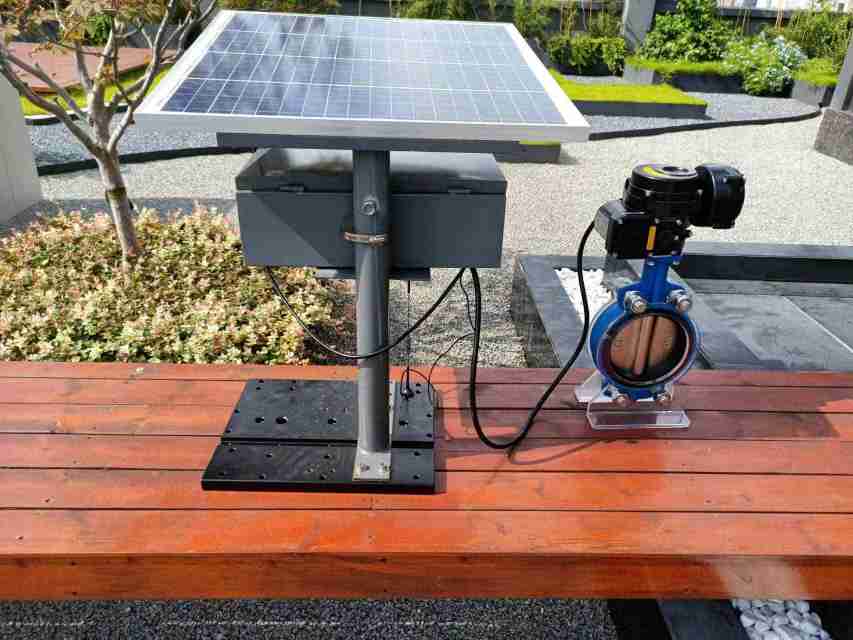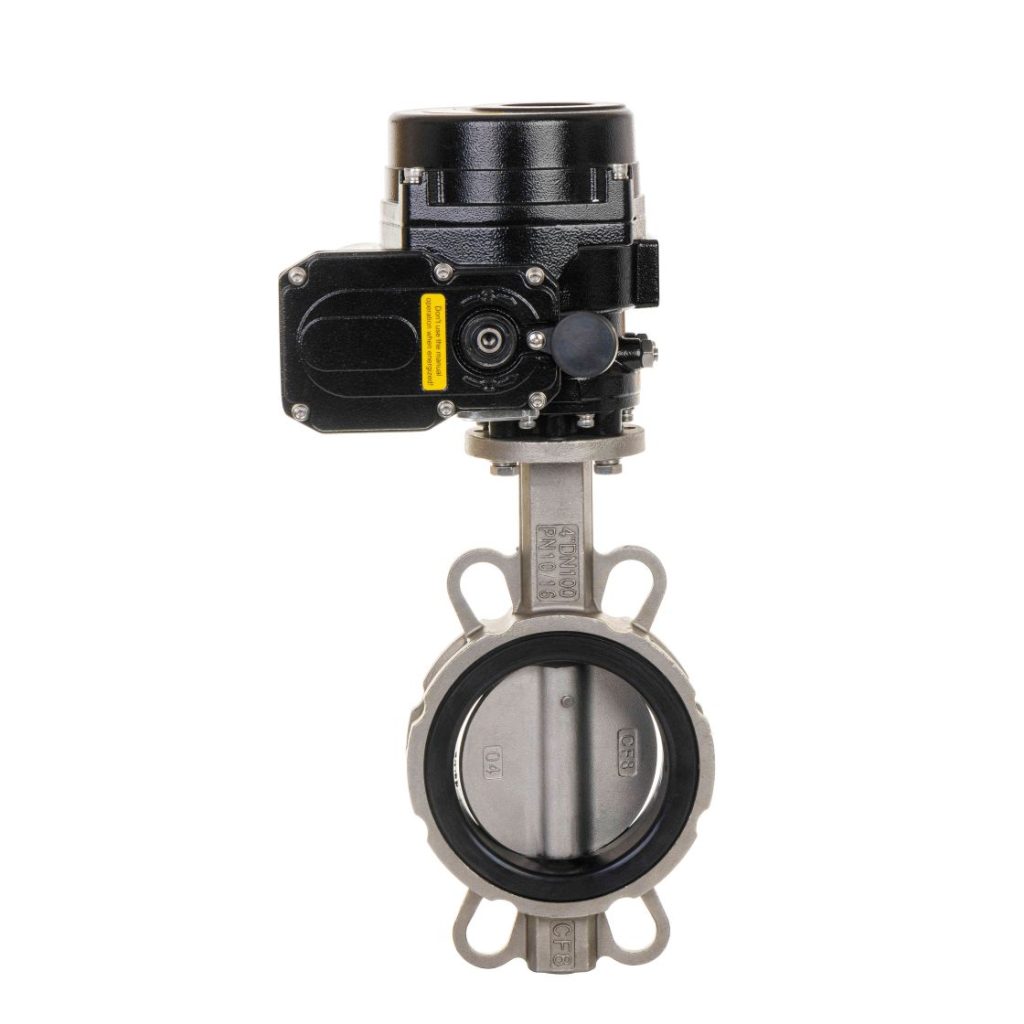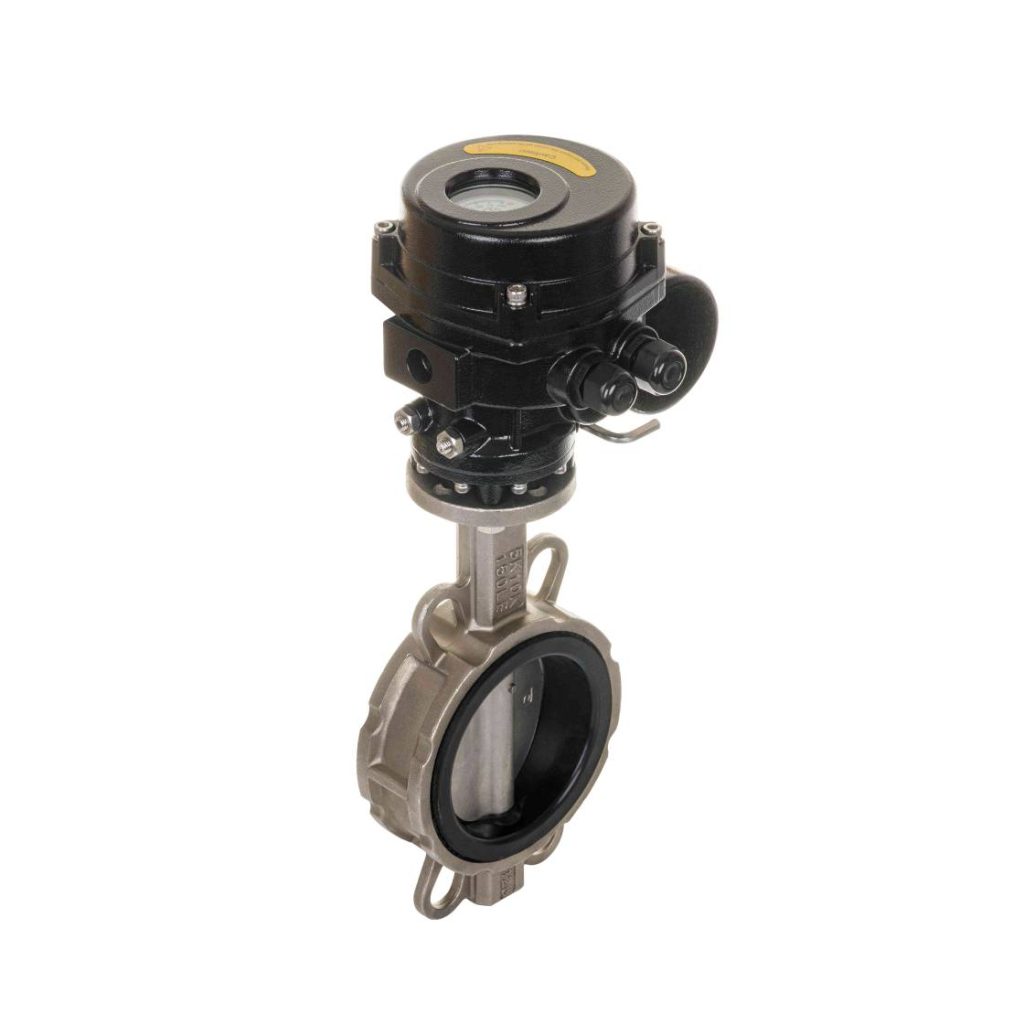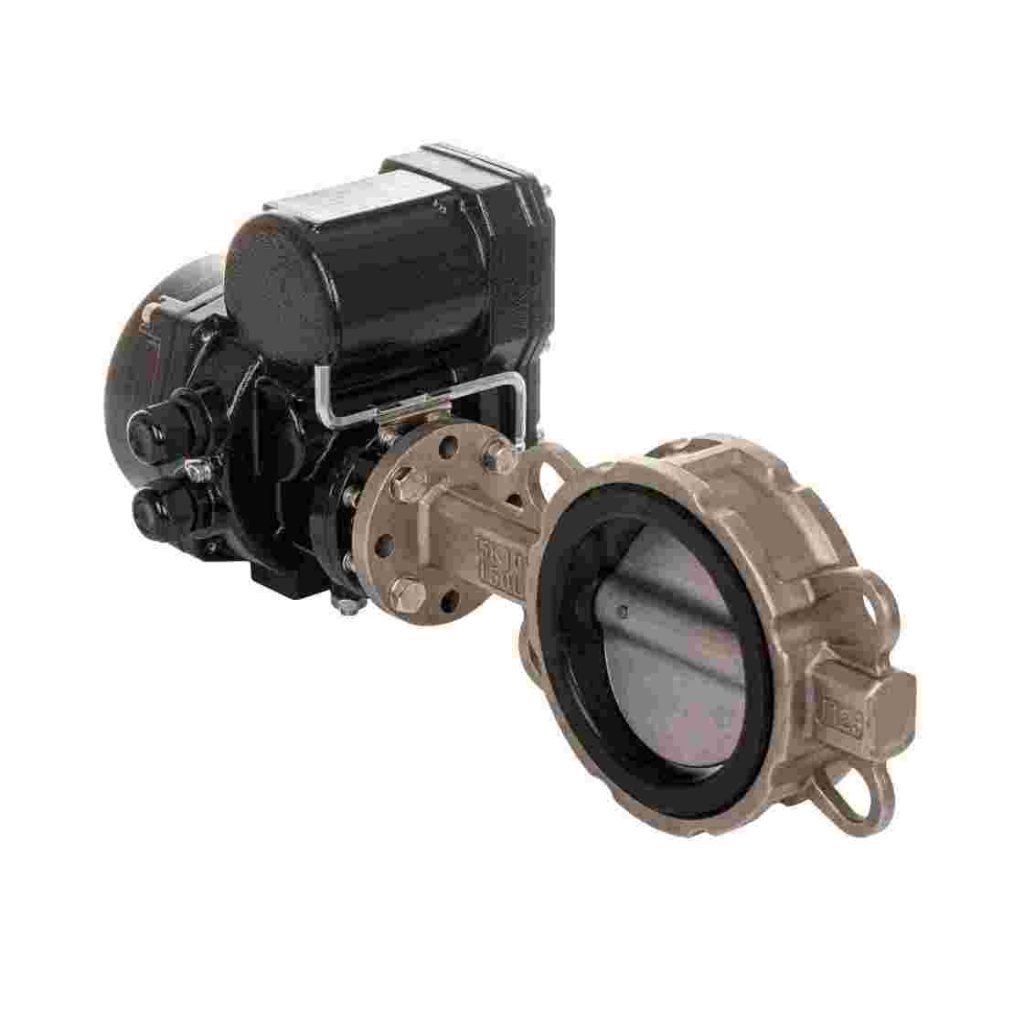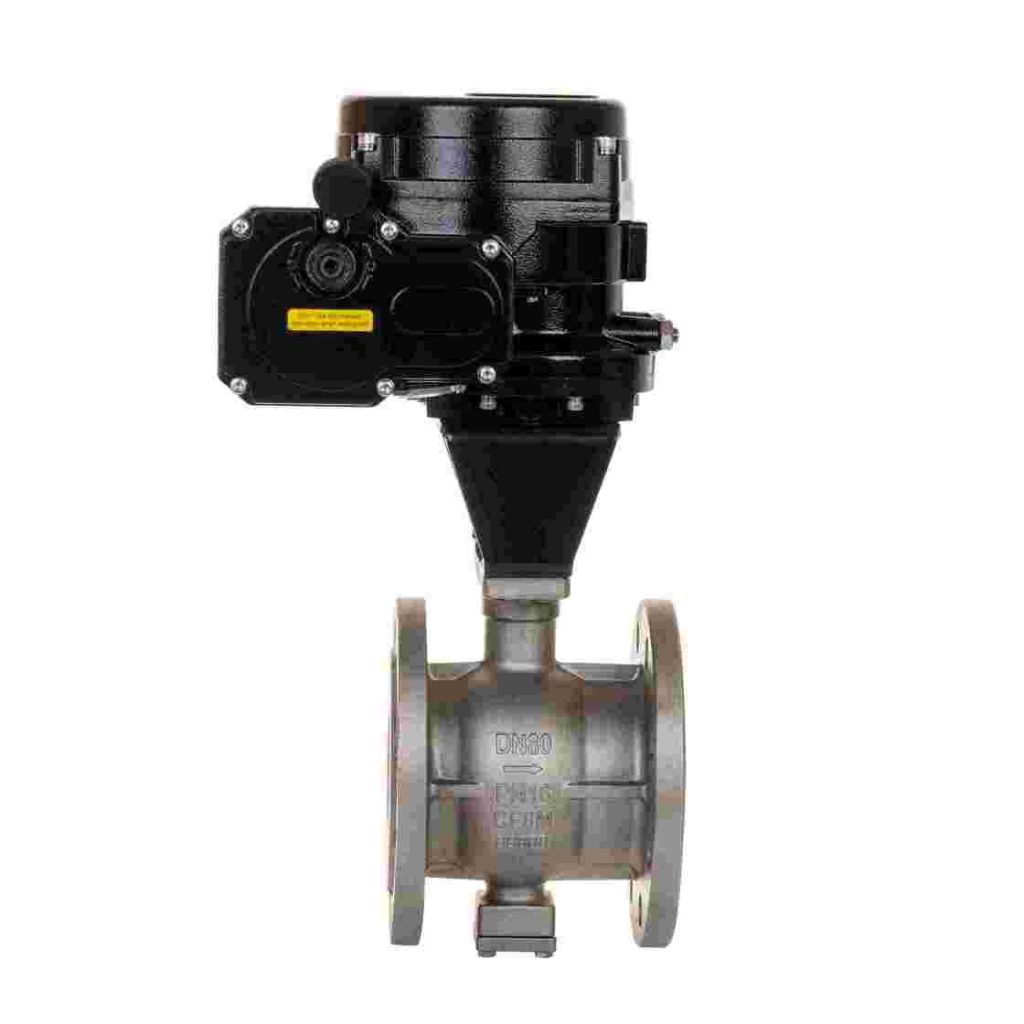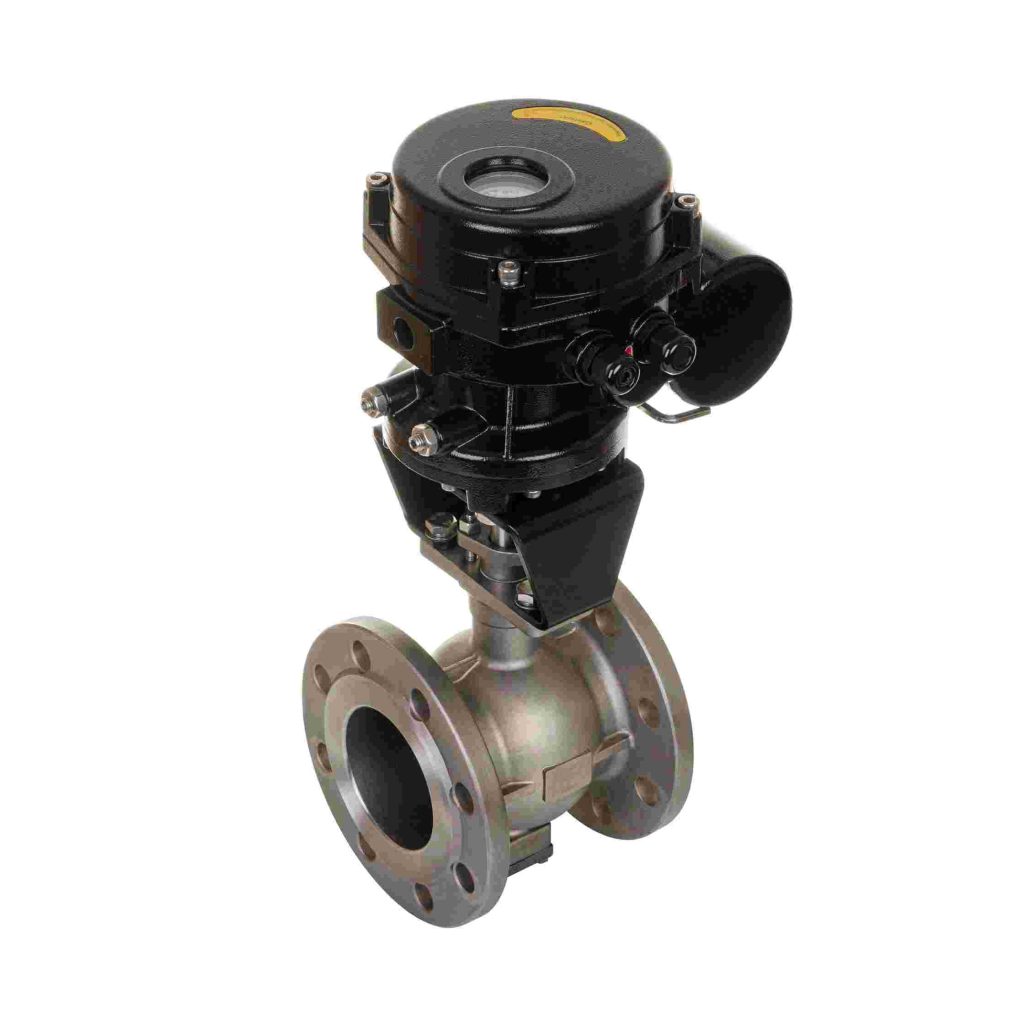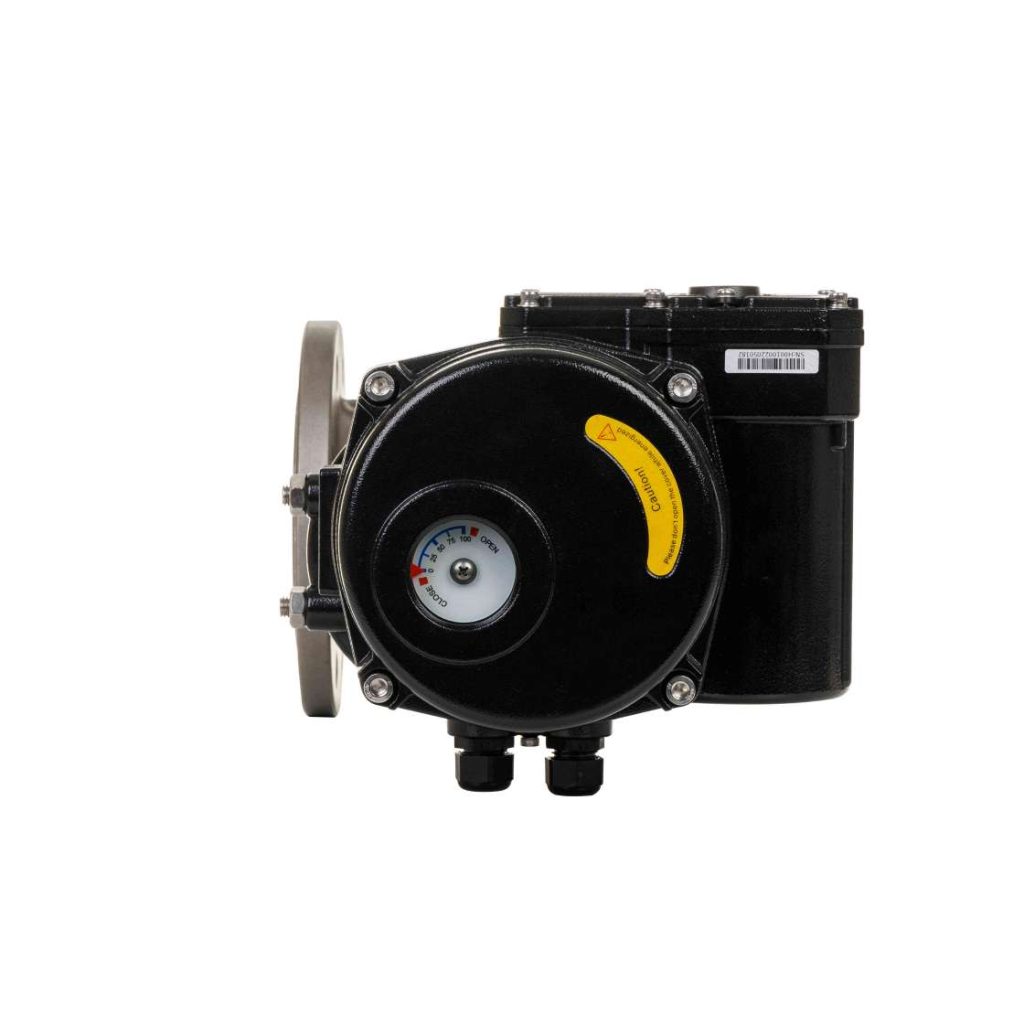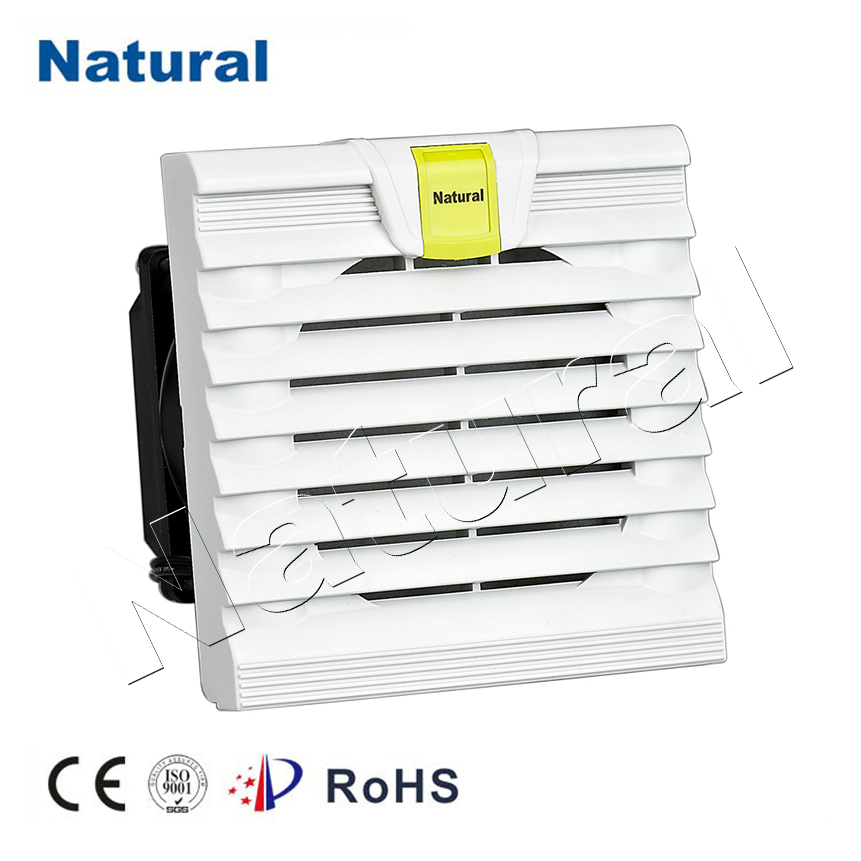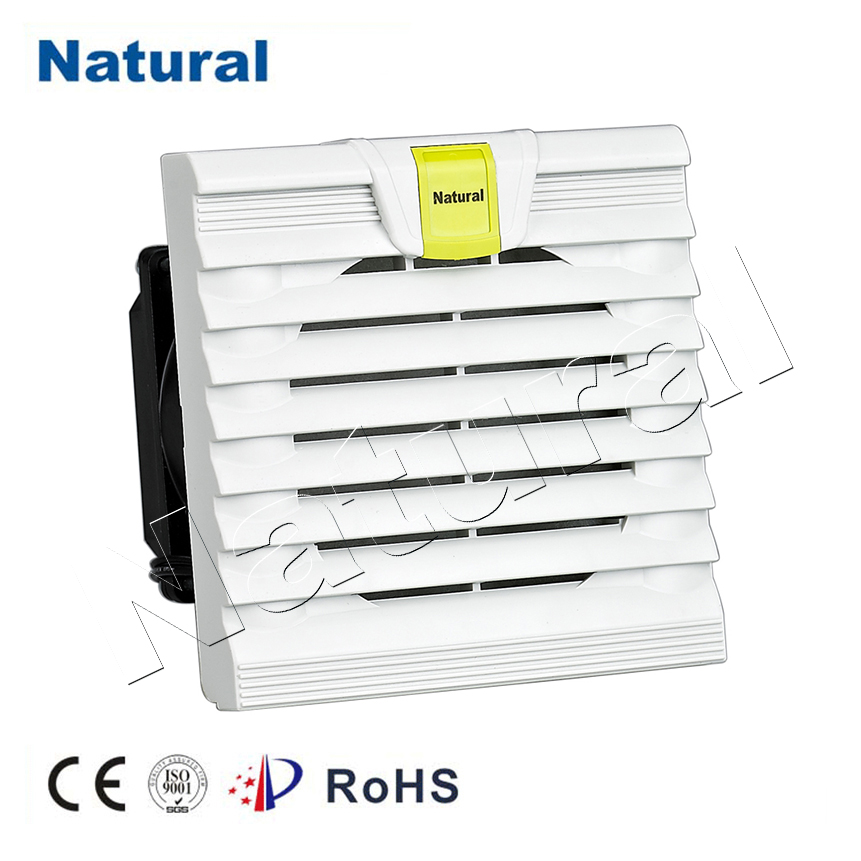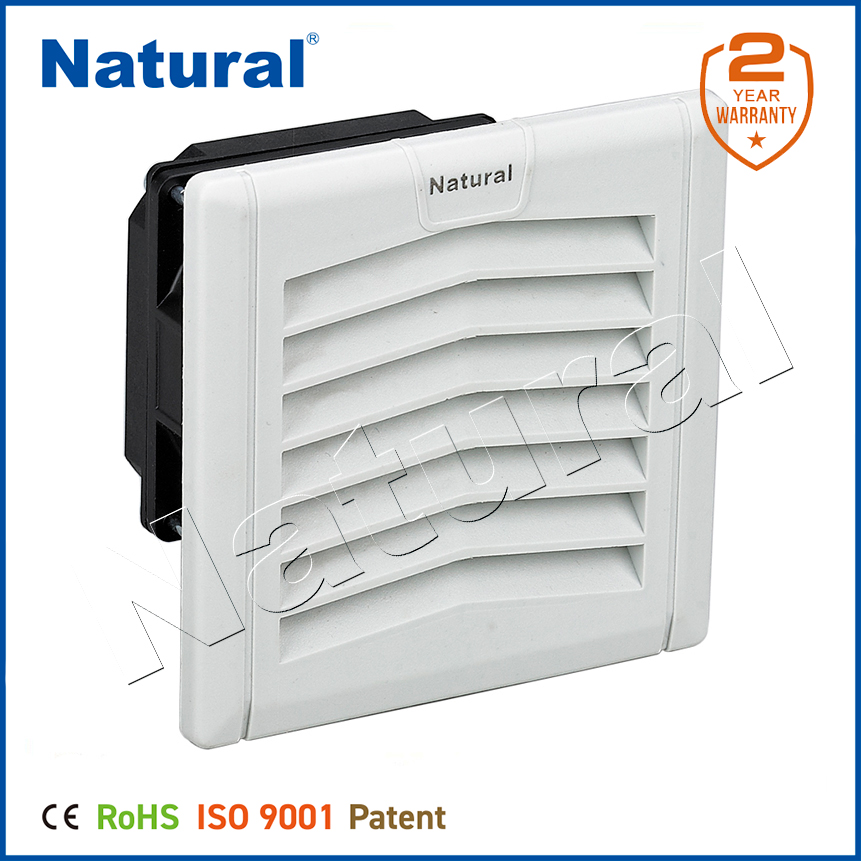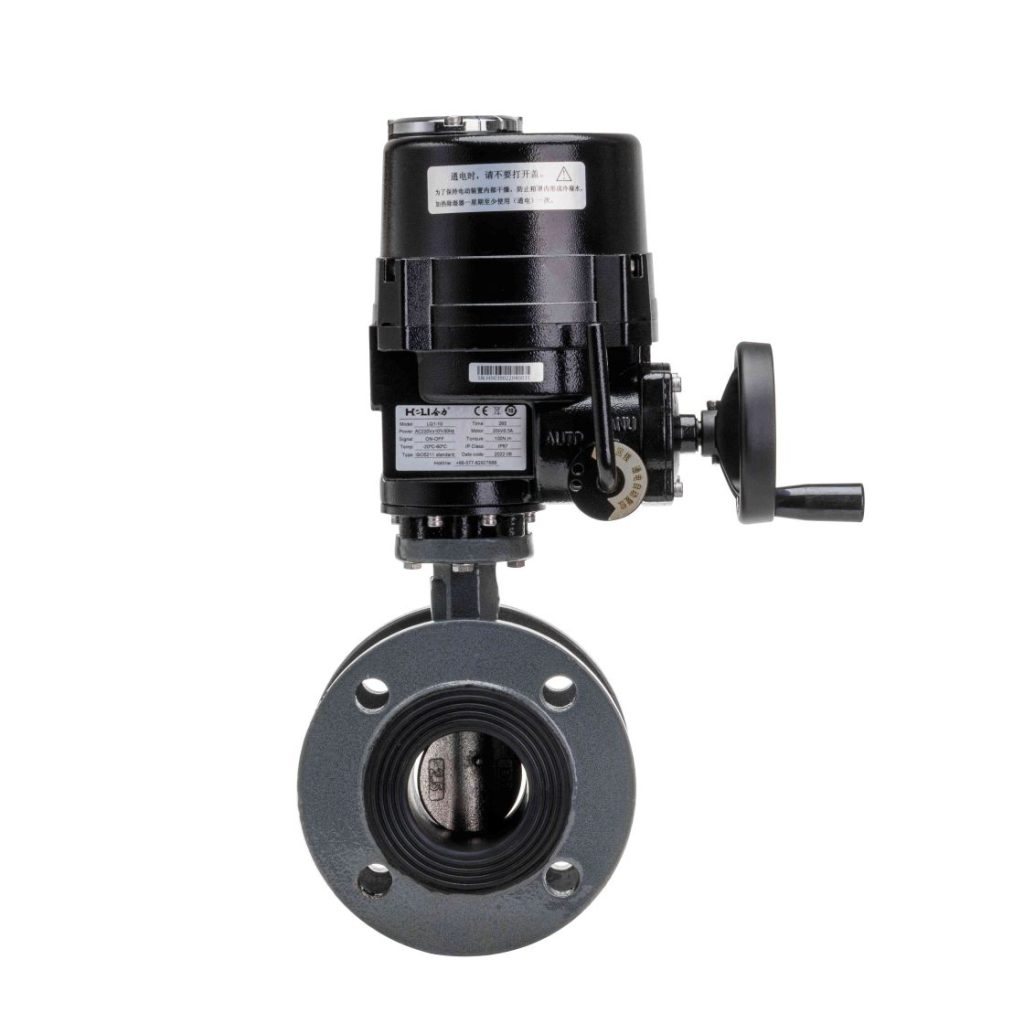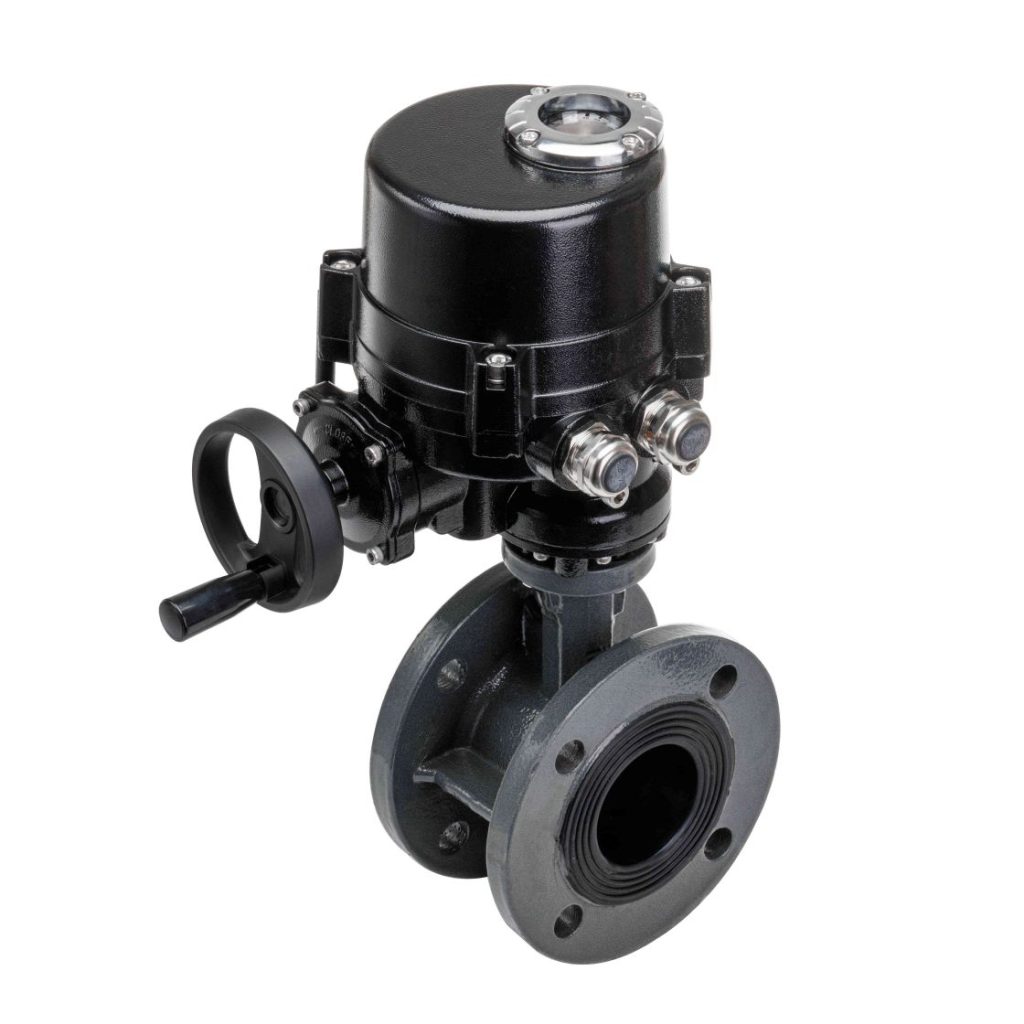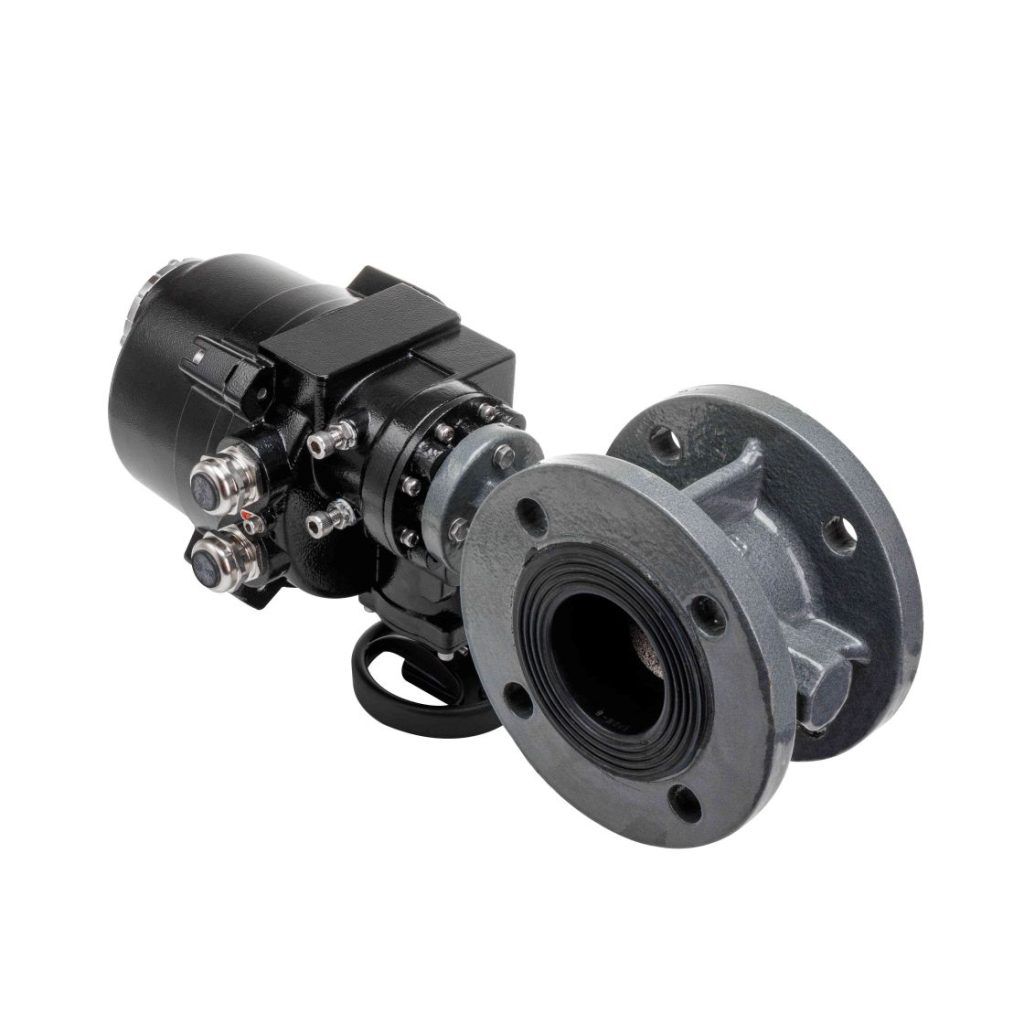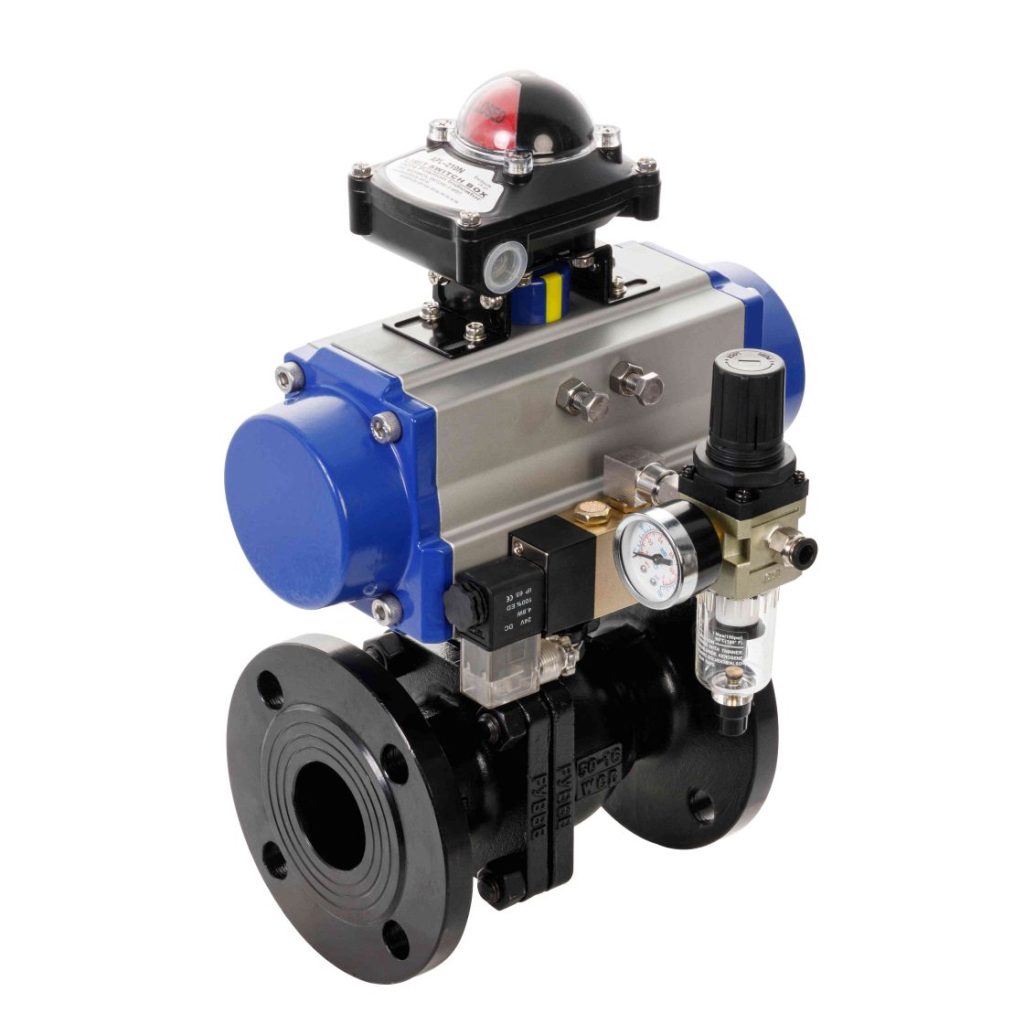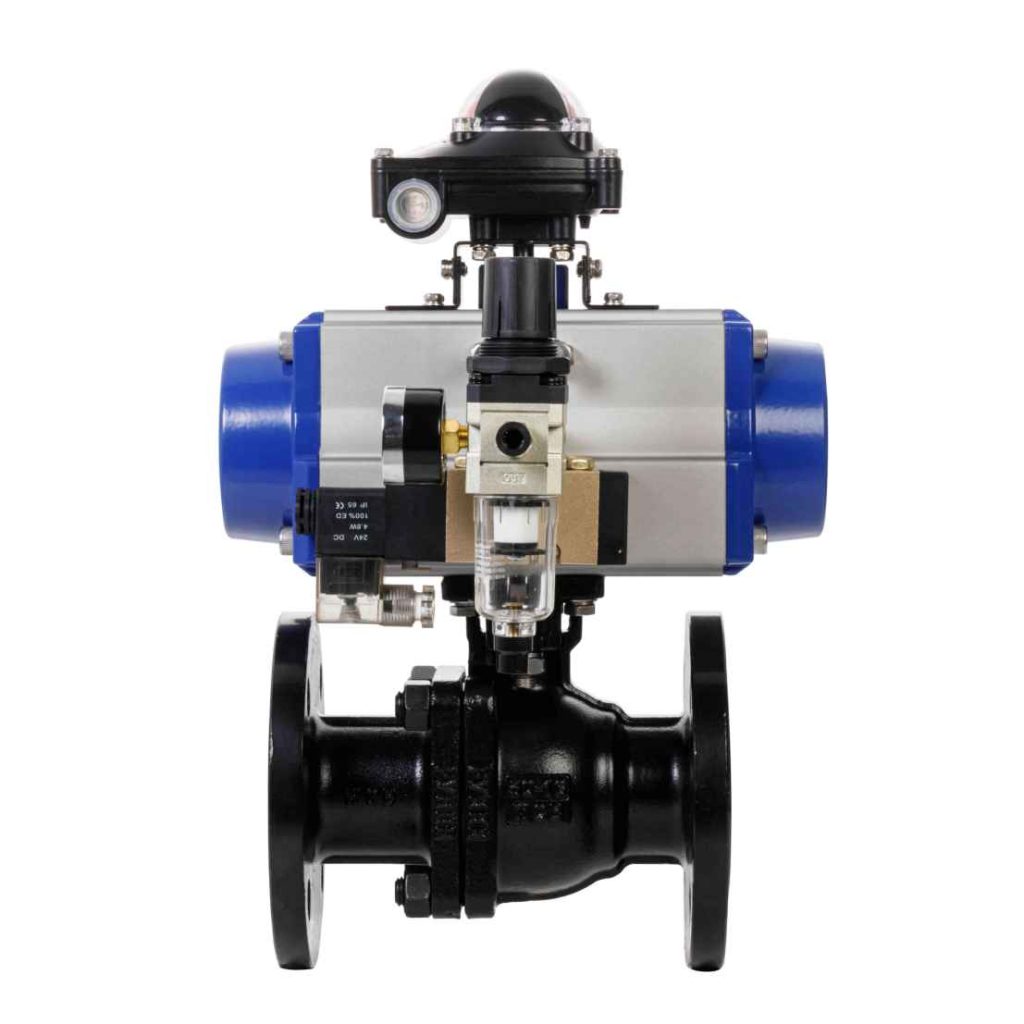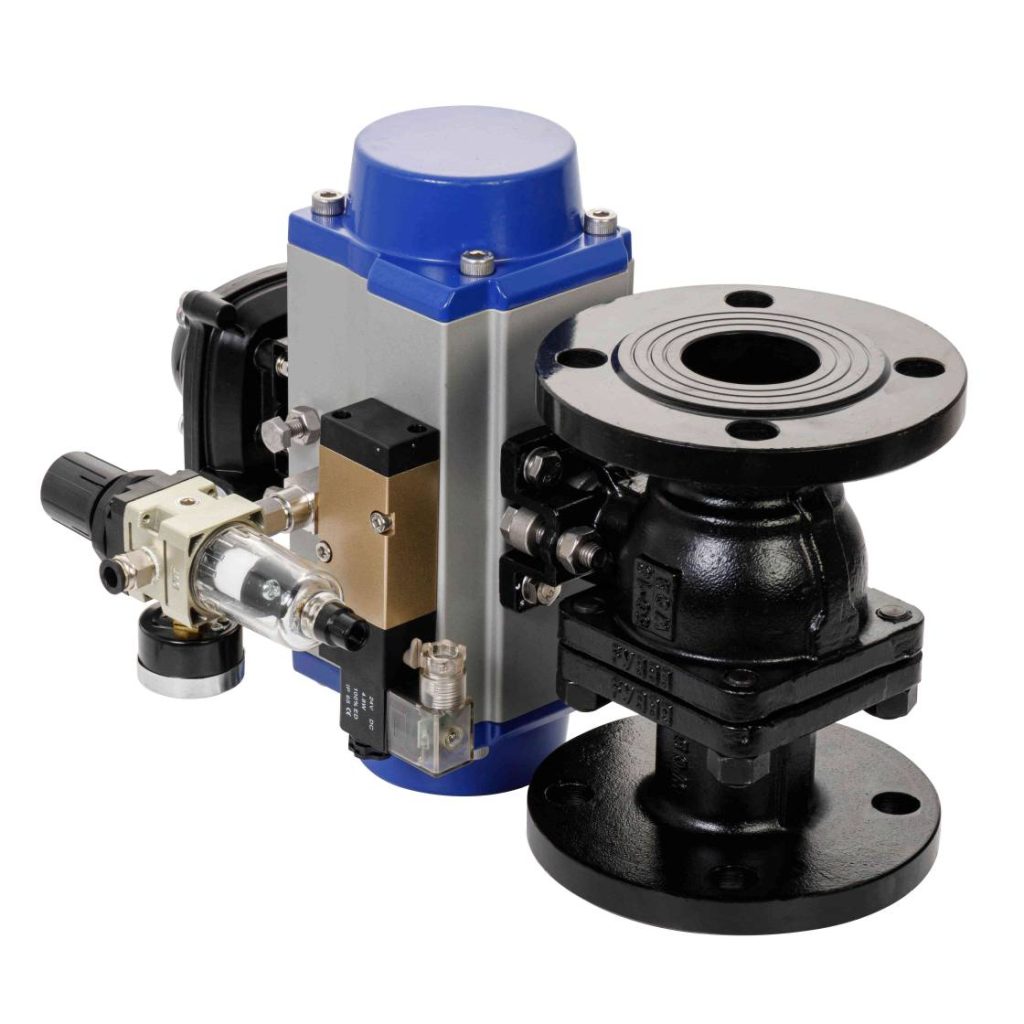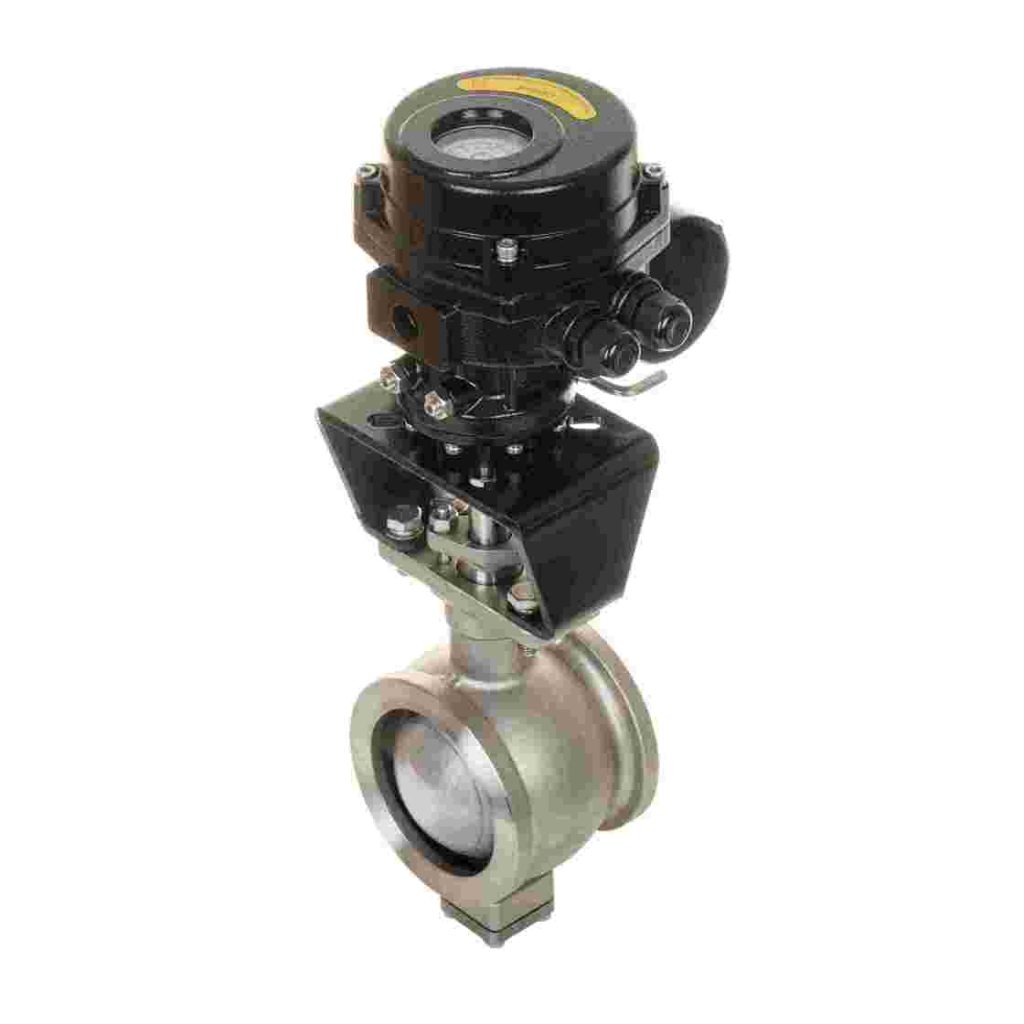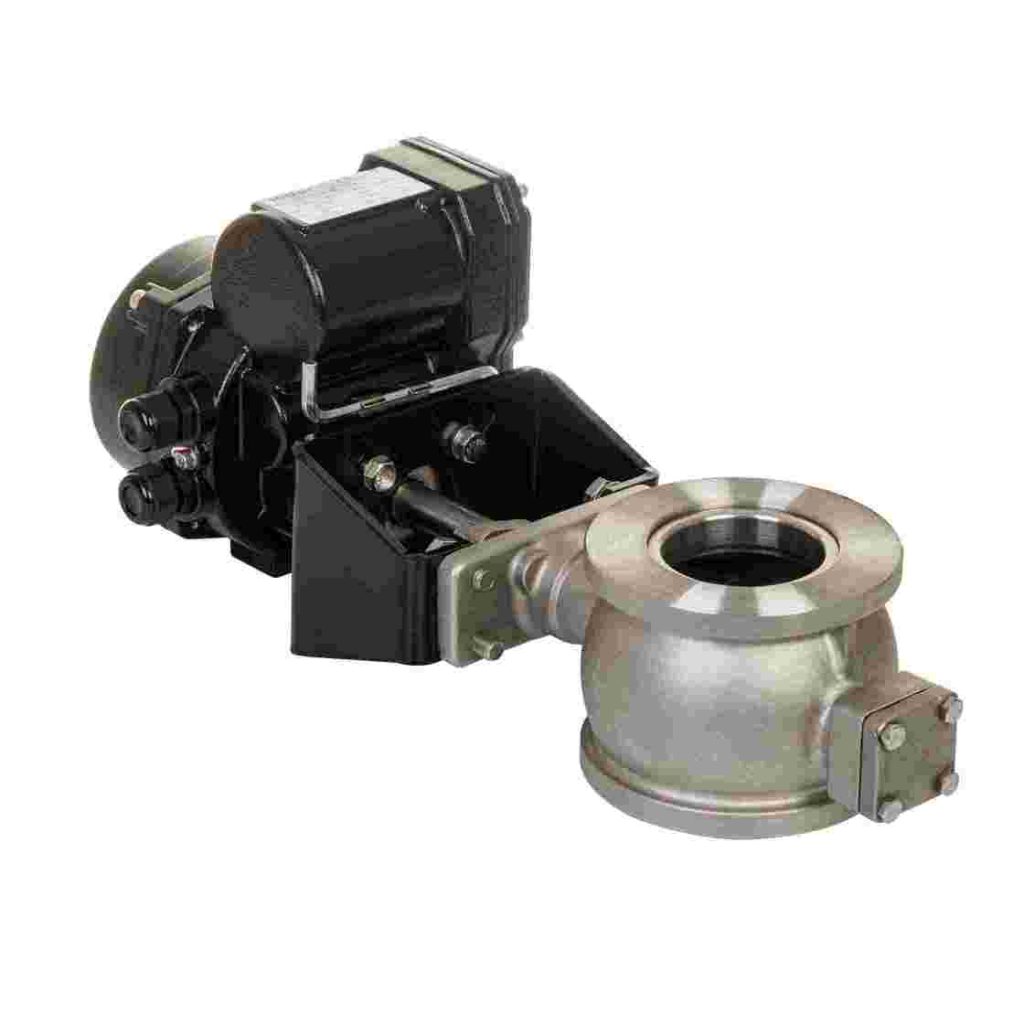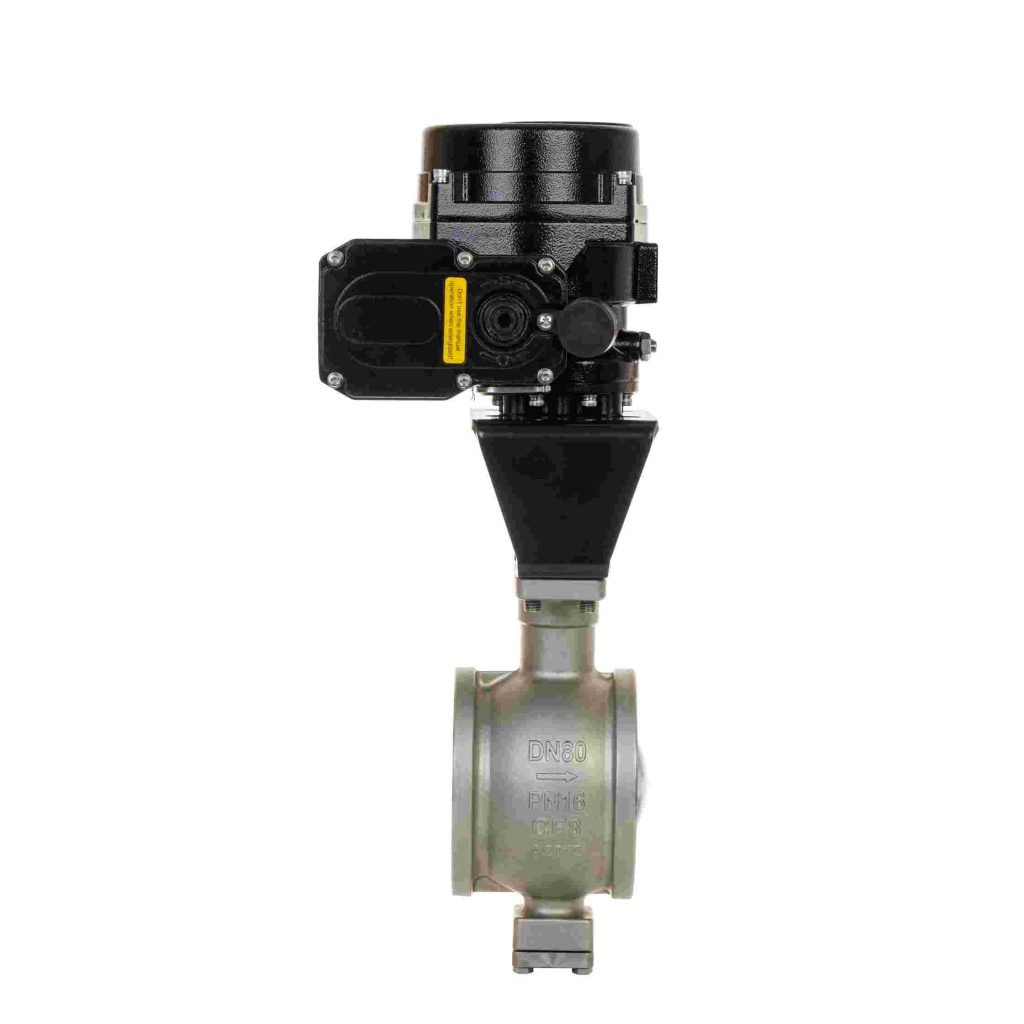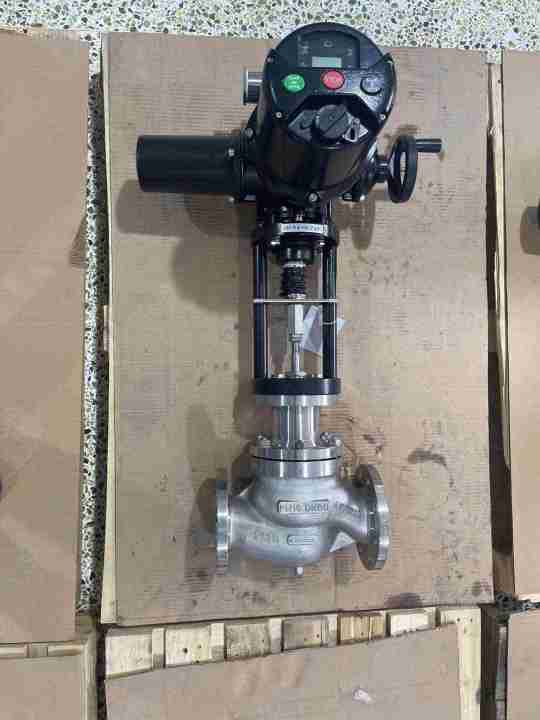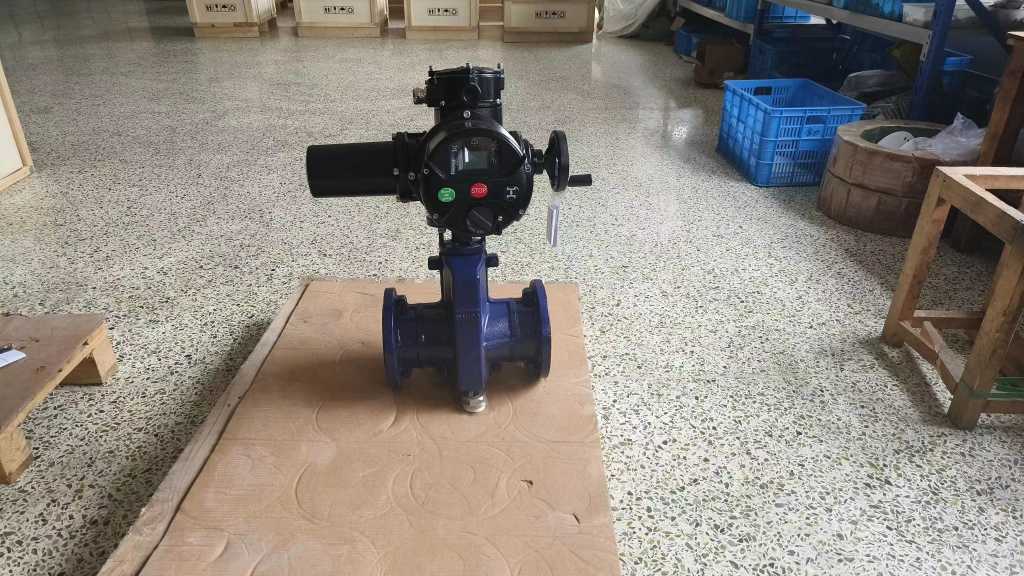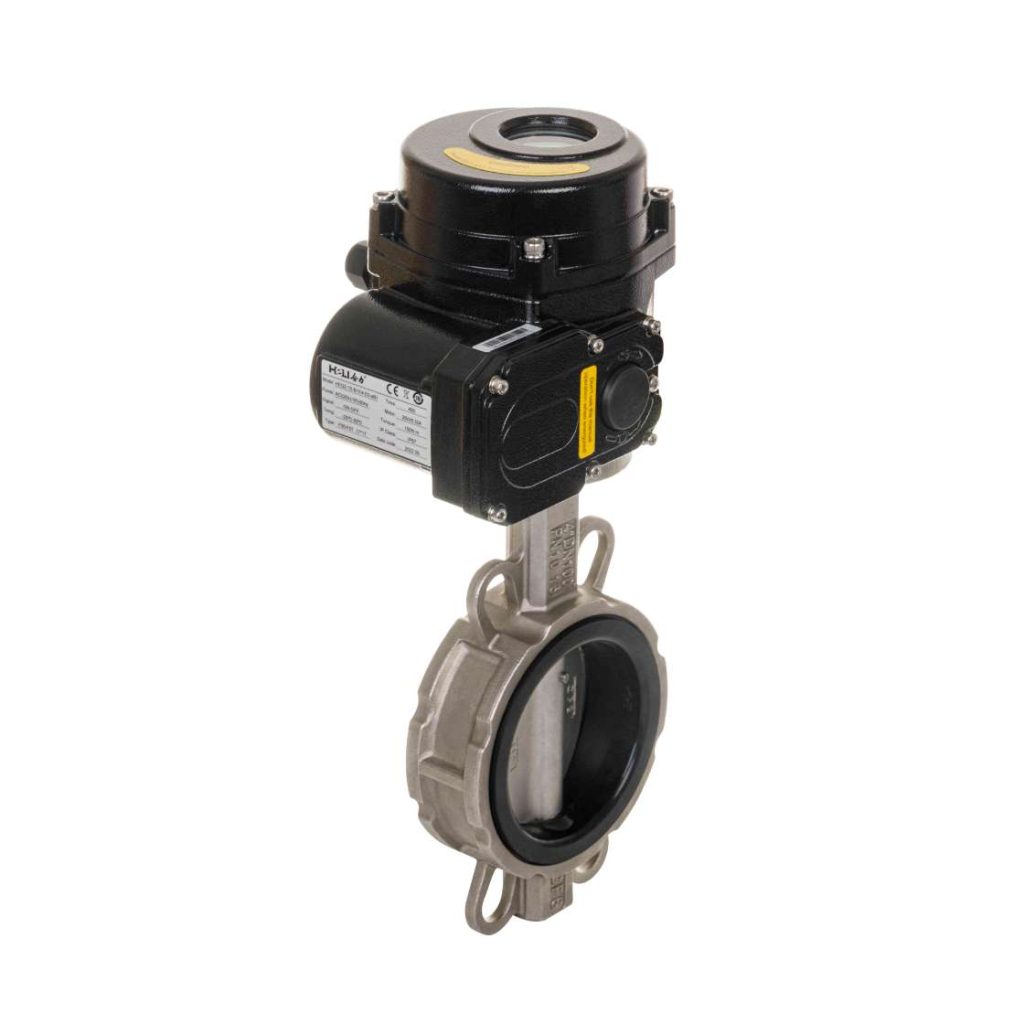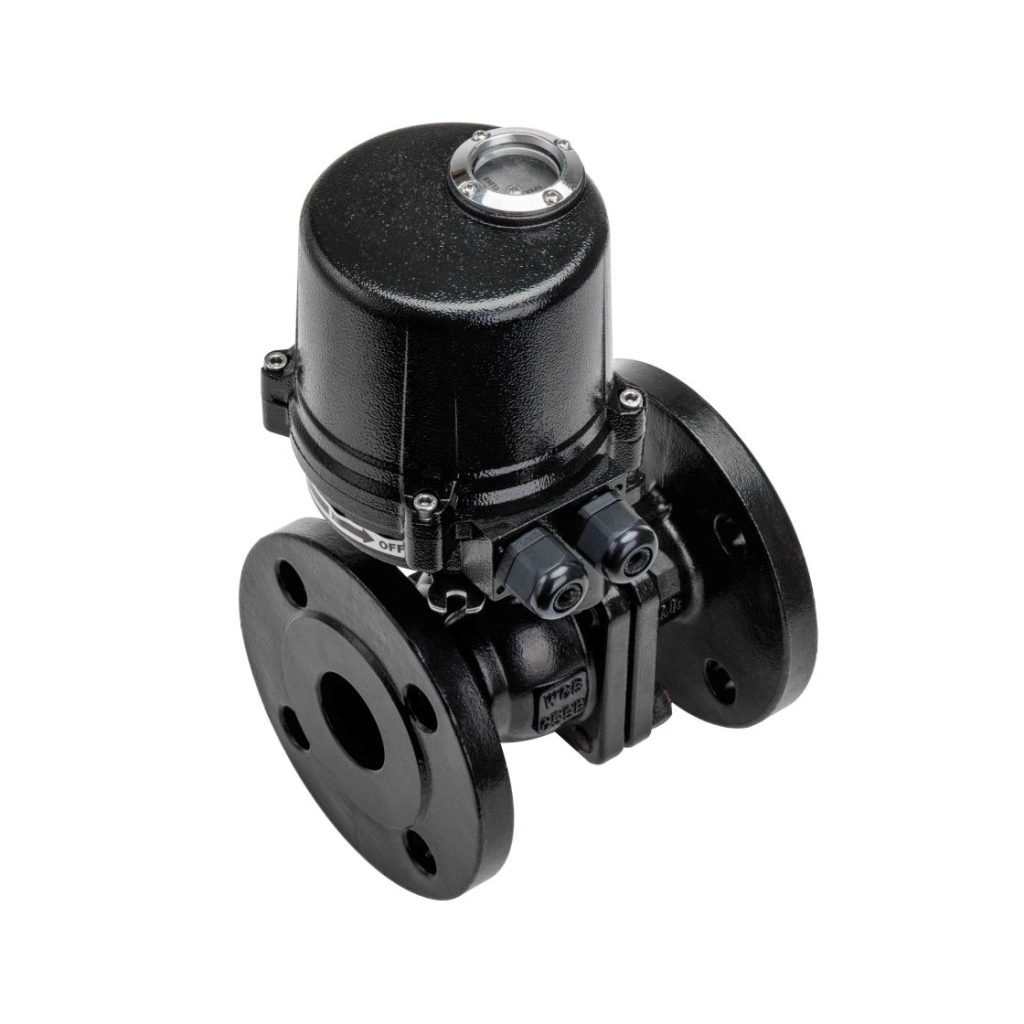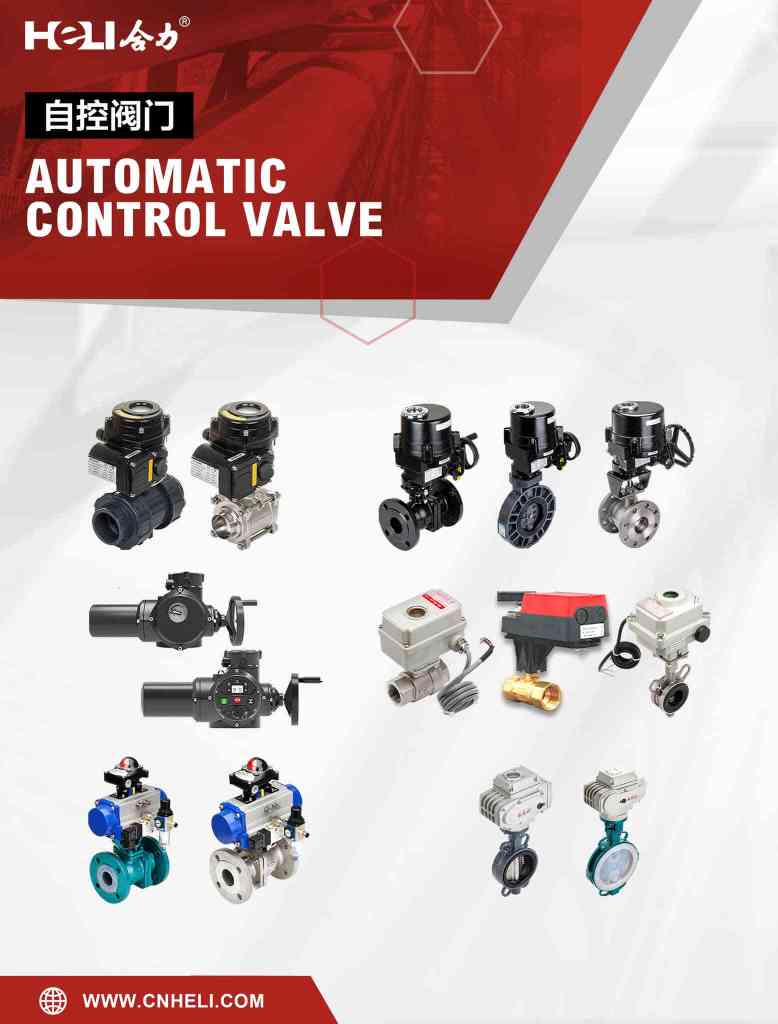In the quest for sustainable and efficient technology, theIntelligent Control Solar Electric Actuatorrepresents a groundbreaking advancement, merging renewable energy with sophisticated automation. This innovative device harnesses the power of solar energy to drive electric actuators, offering a smart solution for various applications across multiple industries. This article explores the mechanics, advantages, and potential applications of this cutting-edge technology.
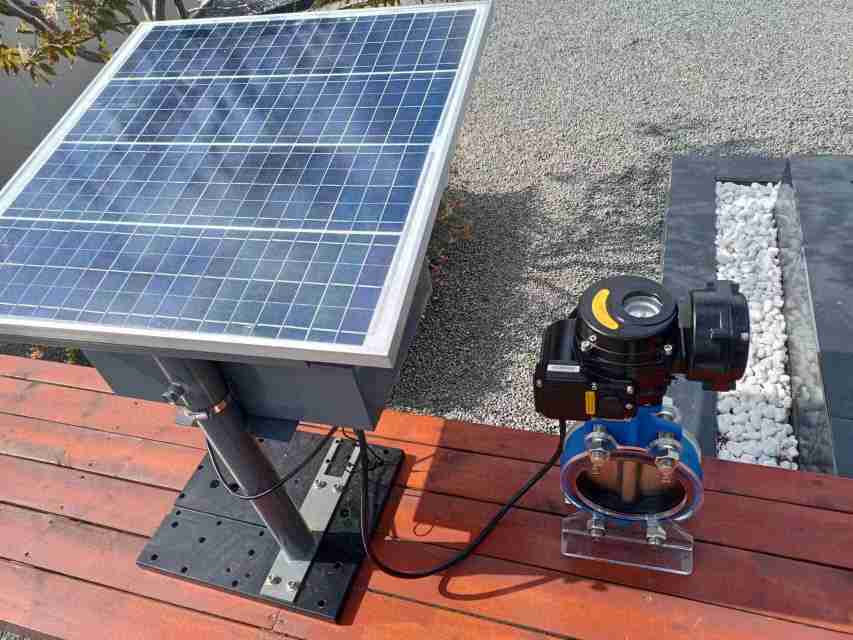
1. Introduction to Intelligent Control Solar Electric Actuators
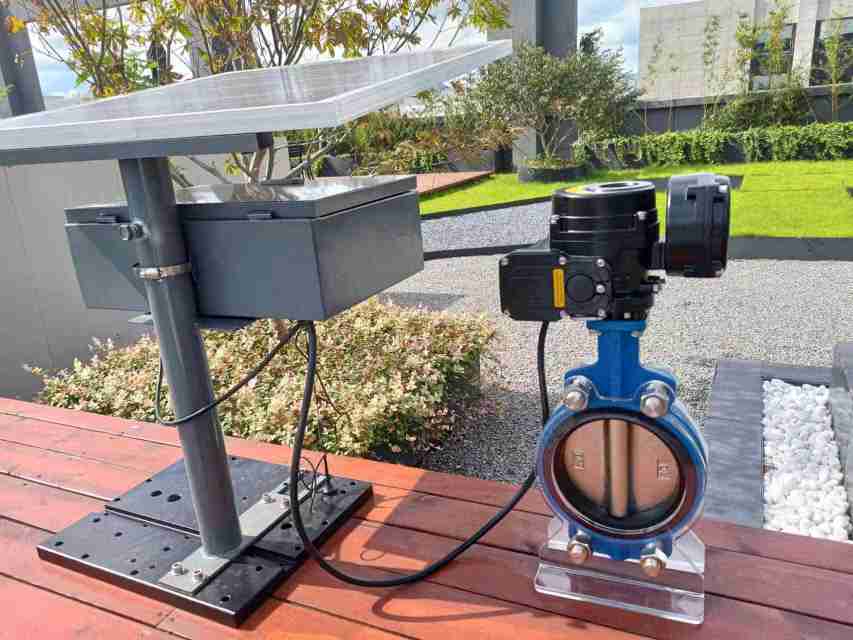
An Intelligent Control Solar Electric Actuator is a device that integrates solar power with electric actuation, controlled intelligently to enhance performance and energy efficiency. At its core, this system consists of a solar panel, an electric actuator, and an intelligent control unit. The solar panel captures sunlight and converts it into electrical energy, which is then used to power the electric actuator. The intelligent control unit optimizes the actuator’s operation by adjusting its performance based on real-time data and environmental conditions. 2. How It Works The functionality of the Intelligent Control Solar Electric Actuator can be divided into several key components:
